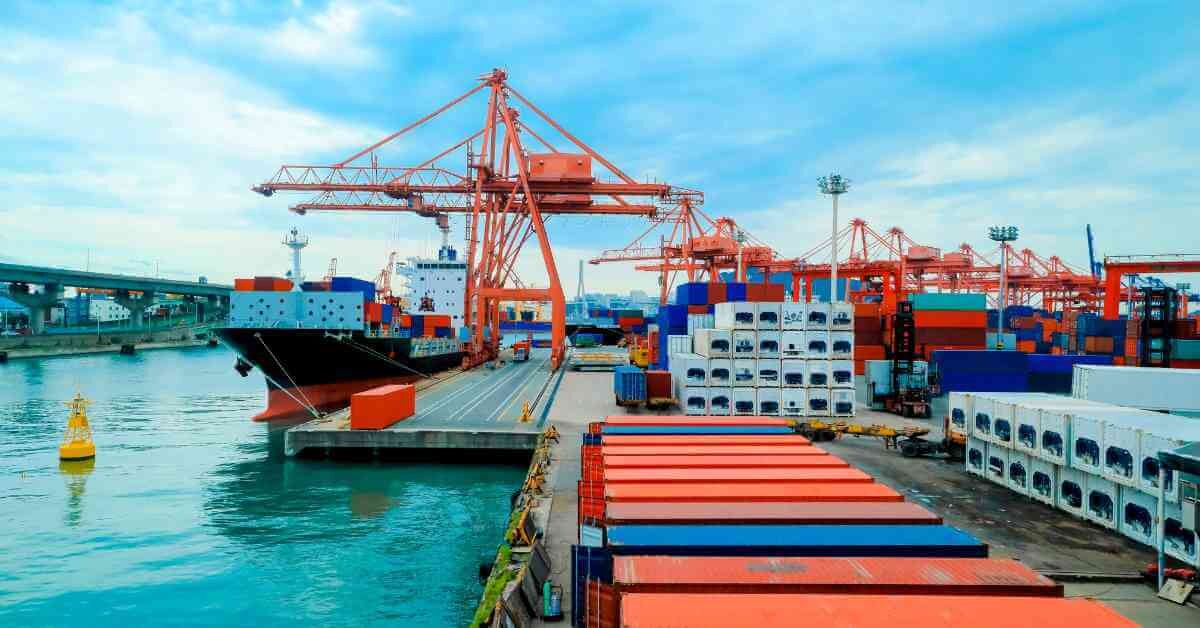According to a recent report from Reuters,the European Union has taken a meaningful step by approving its 18th sanctions package against Russia in response to the ongoing conflict in Ukraine.This new set of measures is notably focused on further undermining Russia’s oil and energy sectors. The EU plans to implement a dynamic price cap on Russian crude oil, setting it at 15% below the average market price, which aims to improve upon the previous $60 cap established by the G7 nations since December 2022.
EU foreign policy chief Kaja Kallas expressed confidence in this latest move, stating that it represents one of the most robust sanctions packages yet. She emphasized that increasing costs for Russia is essential for pushing Moscow towards ending its aggression.
However,despite these efforts,Russia has continued to sell much of its oil above previous caps due to ambiguities surrounding enforcement mechanisms. Traders remain skeptical about whether these new EU sanctions will considerably impact Russian oil exports. Kremlin spokesperson Dmitry Peskov dismissed the EU’s actions as illegal unilateral restrictions and noted that Russia has adapted well under such sanctions.The latest package also includes bans on transactions related to Russia’s Nord Stream gas pipelines and financial dealings with Russian institutions. Kallas highlighted that 105 vessels within what Western officials refer to as Russia’s “shadow fleet” have been blacklisted alongside unnamed Chinese banks involved in facilitating sanction evasion.
Ukrainian President Volodymyr Zelenskiy welcomed this decision as timely and crucial amid escalating attacks from Russia on Ukrainian territories. Foreign Minister Andrii Sybiha stressed that cutting off Russian oil revenues is vital for halting their military aggression.Interestingly, while Europe pushes for stricter measures against Russian oil prices, the United States has been hesitant to support lowering the G7 cap further after recent declines in global oil futures rendered $60 per barrel less relevant. This leaves Europe navigating these waters largely alone without substantial enforcement power since U.S.-dominated financial systems play a critical role in global trade transactions.
The agreement on this new sanctions package faced delays due to Slovakian Prime Minister Robert Fico’s demands regarding other plans aimed at reducing reliance on Russian energy sources; however, he recently lifted his opposition. Concerns had also been raised by countries like Greece and Malta regarding potential impacts on their shipping industries but ultimately they too agreed with moving forward with these measures.
while Europe continues its efforts against Russian energy exports amidst ongoing geopolitical tensions, challenges remain regarding effective implementation and international cooperation—especially given America’s cautious stance toward altering existing price caps.





